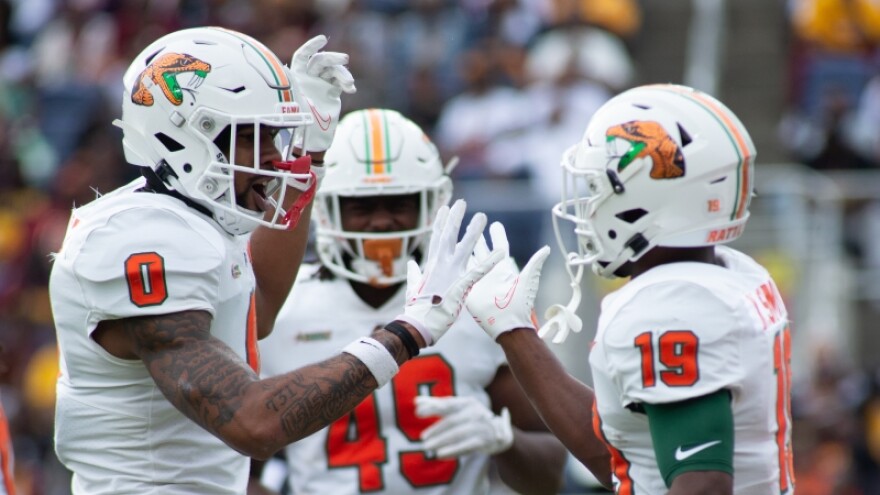Florida was once a leader in allowing college athletes to be paid. The state’s original name, image and likeness law came before the NCAA passed wide-ranging rules paving the way for those athletes to receive corporate sponsorships. Now Florida lawmakers are lifting some of those early restrictions in order to make the state’s collegiate programs more competitive.
Republican Senator Travis Hutson’s bill lets public universities and colleges help their athlete's secure name, image and likeness deals.
“Our current regulatory structure, while well-meaning, has prevented our colleges and universities from recruiting and retaining student-athletes. The bill does three things. It repeals NIL to put Florida on an even playing field," Hutson said while describing the purpose of the bill.
Florida passed its original NIL law in July of 2021, becoming one of the first states to pave the way for college athletes to be paid. The move came amid growing public pressure on the NCAA to change its rules on athlete compensation. The collegiate sports governing body did, eventually. In 2022, it finalized its college athlete pay policy—allowing them to benefit commercially from their names, images and likenesses. That NCAA policy also allowed institutions to get involved in steering NIL deals to their players—which, Florida’s law specifically banned.
Miami Democratic Senator Shevrin Jones is excited about that ban finally being lifted.
“I like the bill. I’m fine with it," Jones said, adding "I just want to see the intent with the removal of liability from the institutions.”
The bill would release public institutions of being responsible for college athletes who get into trouble and may lose their NIL deals.
“So if they get caught drinking underage, DUI—if they get suspended and it affects their NIL deal because of their suspension, they can’t go back and sue the university for something they did off the field," said Hutson.
The measure expands a requirement that college athletes undergo financial literacy training. A ban on pay-for-play also remains intact.


